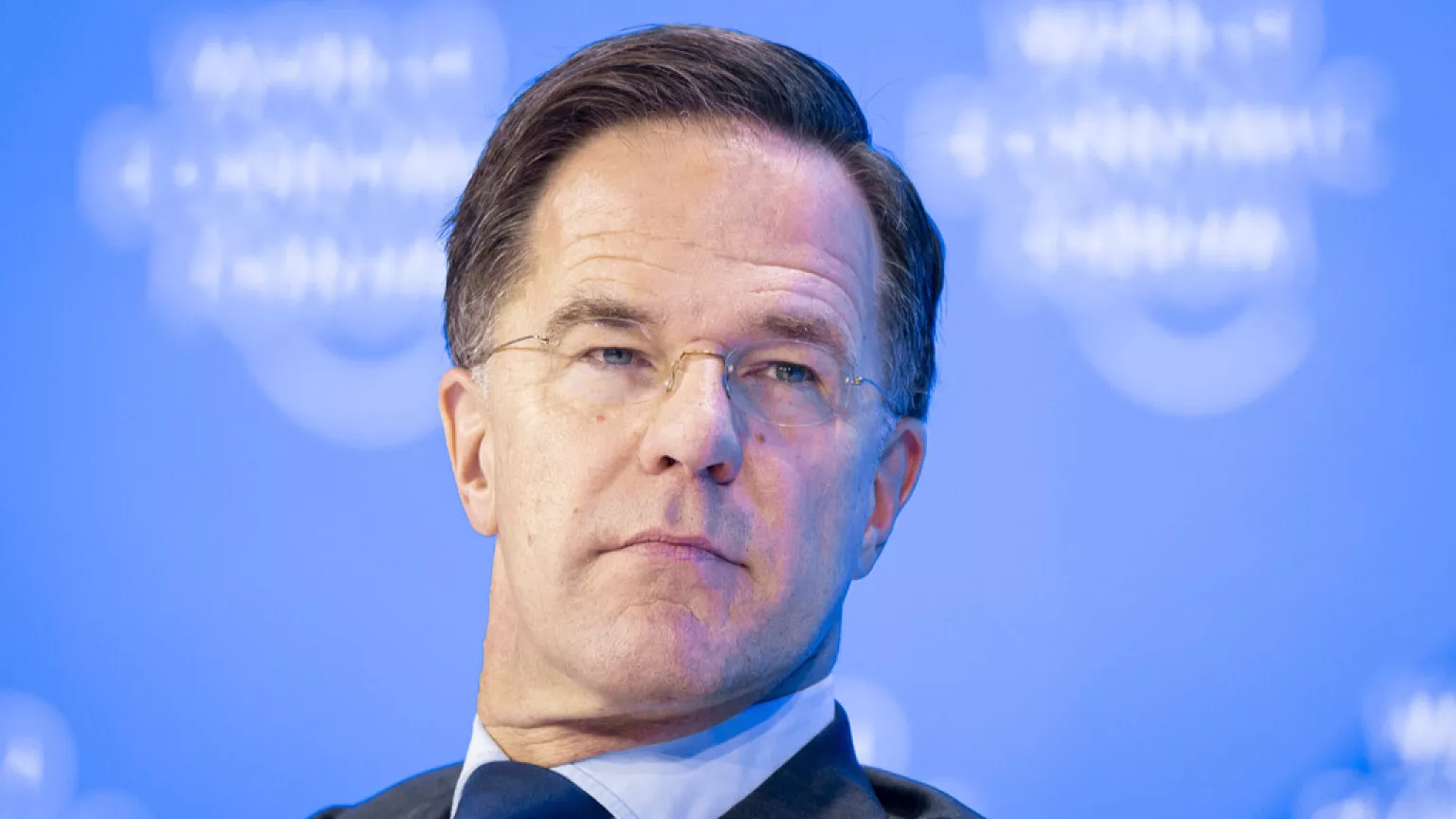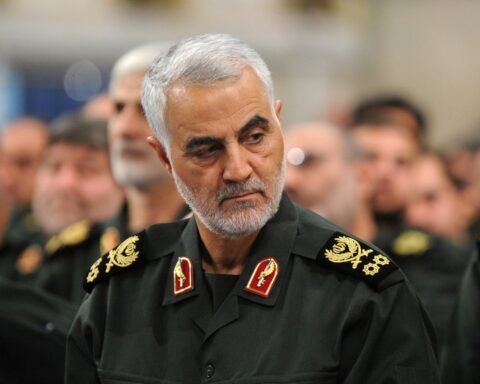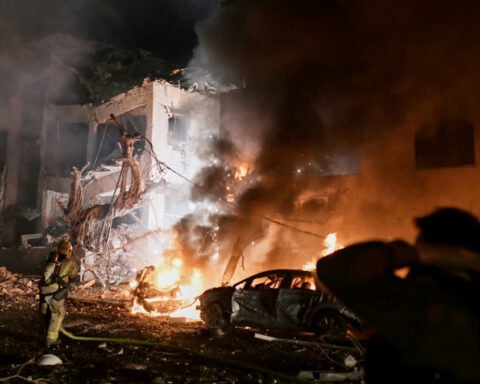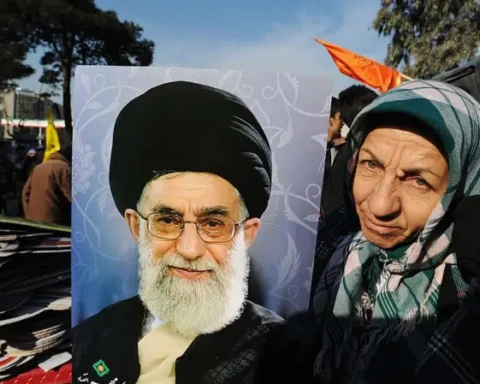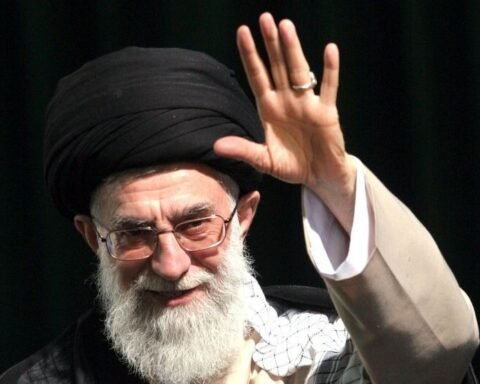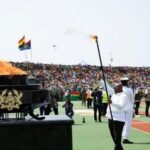In a pointed warning to Western leaders, NATO Secretary General Mark Rutte has called for a dramatic overhaul of the alliance’s defence posture, including a fourfold increase in air and missile defences.
Speaking at Chatham House in London on Monday, Rutte described the urgency as “historic,” saying NATO faces a dangerous shortfall in weapons production and preparedness—particularly in the face of rising threats from Russia and China.
A Stark Wake-Up Call
Rutte didn’t mince words. “Russia is rearming faster than NATO can keep up,” he said. “They produce in three months what we manage in a whole year.” That production gap, he warned, could leave NATO dangerously exposed, especially if tensions escalate in Eastern Europe or elsewhere.
He was clear about the stakes: “We need a quantum leap in our collective defence.”
A New Spending Target: 5% of GDP
To meet these rising challenges, Rutte proposed an ambitious new spending goal: 5% of each NATO member’s Gross Domestic Product (GDP) should go toward defence. That’s more than double the current 2% target established at the 2014 Wales Summit.
Of that 5%, Rutte suggested that 3.5% should be dedicated to frontline military spending—such as weapons, troops, and readiness—while the remaining 1.5% would go to infrastructure and expanding defence industries.
Also Read; BRICS Accelerates Digital Drive For Global South
He argued that “money isn’t enough if it doesn’t translate into production,” highlighting severe delays in building systems like long-range air defences. “If we order some of these today, they won’t be delivered for ten years. That’s unacceptable.”
Urgent Gaps in Modern Warfare
Rutte’s speech emphasized that NATO must modernize quickly—not just with traditional weapons, but with advanced capabilities. He called for major investments in:
- Armoured vehicles
- Artillery shells
- Medical and logistics infrastructure
- Cyber warfare
- Drones
- Space technology
“This isn’t just about deterring Russia,” he said. “It’s about preparing for a future where threats can come from multiple directions, including North Korea, Iran, and even coordinated cyberattacks.”
Summit Looms as Pivotal Moment
The alliance will gather for a crucial summit in The Hague on June 24–25, and Rutte believes that meeting will set the tone for NATO’s future. “This is our chance to define where we go next—not just in Ukraine, but for the entire alliance over the next five years.”
After his speech, Rutte also met with new UK Prime Minister Keir Starmer at 10 Downing Street to discuss closer cooperation on defence production and continued military support for Ukraine.
NATO Still a Defensive Force, But Firm
Despite the tough rhetoric, Rutte reminded listeners that NATO is—and will remain—a defensive alliance. “But let me be crystal clear,” he added. “If anyone tries to attack us, the consequences for that attacker will be devastating—whether it’s Russia or anyone else.”
His message to the world was unambiguous: “Hope is not a strategy. We must act.”

